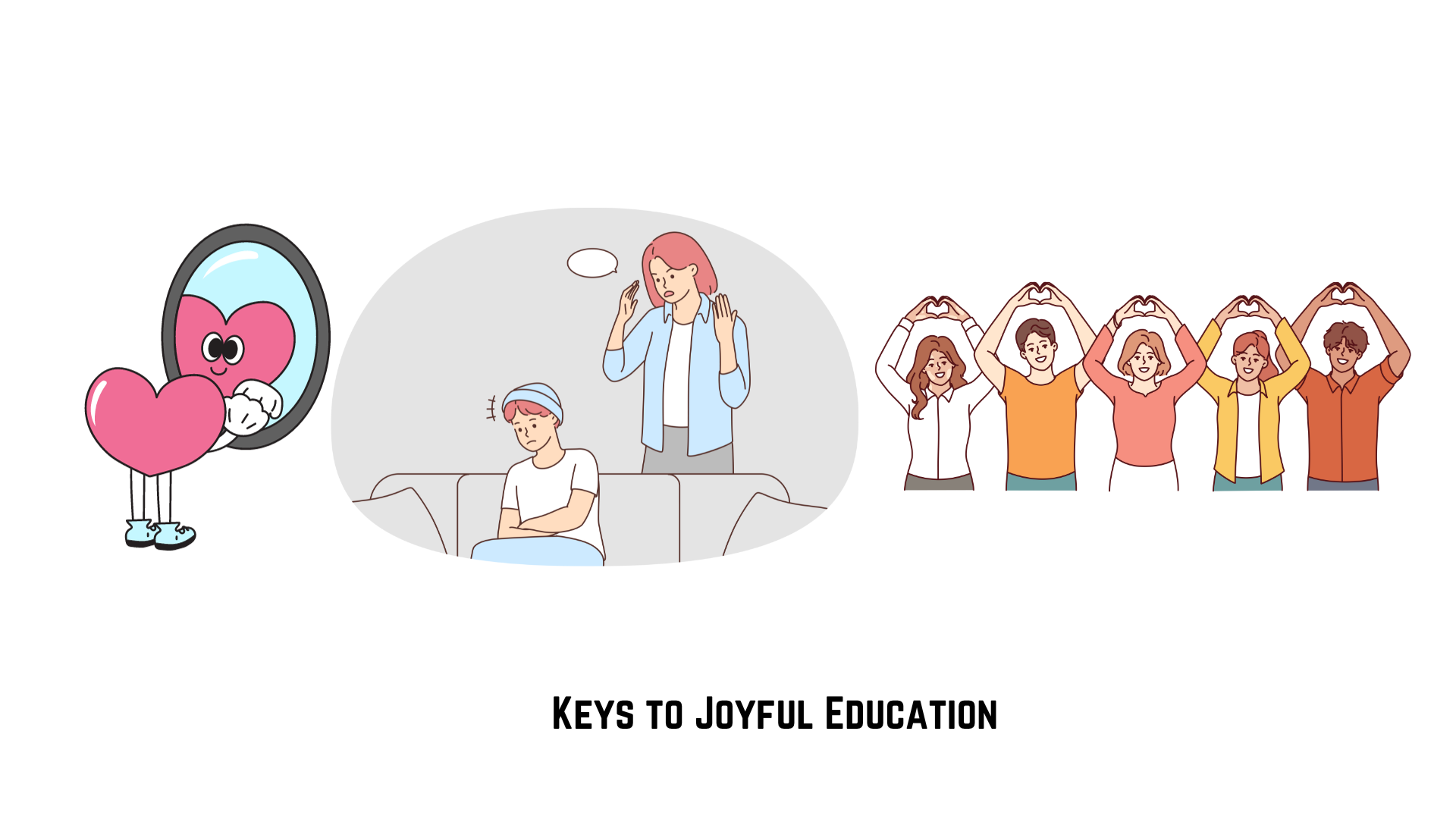Trending Now
- 830 voters names go missing in Kavundampalayam constituency
- If BJP comes to power we shall consider bringing back electoral bonds: Nirmala Sitaraman
- Monitoring at check posts between Kerala and TN intensified as bird flu gets virulent in Kerala
Columns
STEM Education
![]() February 27, 2023
February 27, 2023
STEM education is a buzzword among educators, and schools are gearing up with STEM activities with the introduction of “No-Bag Day”. There is already an element of STEM education in some way or another at home and school. These learning and skills become apparent as one progresses through high school and into college. The question is: Why is every child being forced into it? Nothing looks bad or forced into learning if STEM starts early. It’s about how much effort one puts into learning and connecting the dots. As much as a child cannot make a choice for the kind of school to enroll in, STEM is also about starting early without knowing what is stored for the child. It’s about changing that mindset. As much as we believe any school can help explore and provide guidance, STEM is no exception.
Pandemic brought a lot of awareness about STEM among Indian schools, said Mrs. Varsha Jaideep, Principal of Dayananda Sagar International School in Bengaluru.
STEM labs are expected to seed dreams, ideas, and ways to explore. One need not know about ISRO or DRDO; it is good enough to know there is going to be human space flight. The educators and lab must echo and reassure each child’s wish. If this is to be accomplished, what might STEM labs look like? Definitely not scary, but a fun place where everyone can explore their creativity and collaborative responsibilities are understood and appreciated.
In order to see success in STEM, we need to have passionate teachers who have intrinsic motivation, and in turn, keep kids motivated to pursue their passion.
Sr. Agatha, my high school teacher at St. Anne’s, made me believe that math is fun. I did enjoy math earlier, but her intervention, allowing us to build geometric models, math game made us to fall in love with math. We need a lot of such mentors who understand the blind spots of aspirational kids. Along with mentors, educators bring a diverse but inclusive culture to STEM learners. According to Varsha Jaideep, school principals can play an important role in STEM education by providing mentorship and educators.
With the demands of the 21st century workforce, STEM education is not just about learning science, technology, engineering, and math, but it also helps students develop skills such as creativity, collaboration, critical thinking, and communication.
Children are naturally curious and like to explore and experiment with the world around them. However, with age curiosity and attention span of kids are volatile. STEM activities are a way to hold those together. Varsha Jaideep has witnessed for 30 years of her career that children prefer hands-on activities to the chalk and talk method.
STEM does not always have to be viewed through the lens of a career; its exposure can benefit children in a variety of ways. Varsha Jaideep mentioned the types of projects displayed at the school science event were examples of 21st century skills.
STEM education could persuade every child that it is possible for everyone to learn and succeed. STEM labs promise to provide engaging, creative, and collaborative spaces to inspire students to explore their interests and pursue their dreams.
Santosh Avvannavar, Education Journalist QtSTEAM & Mentor QtPi Robotics






















